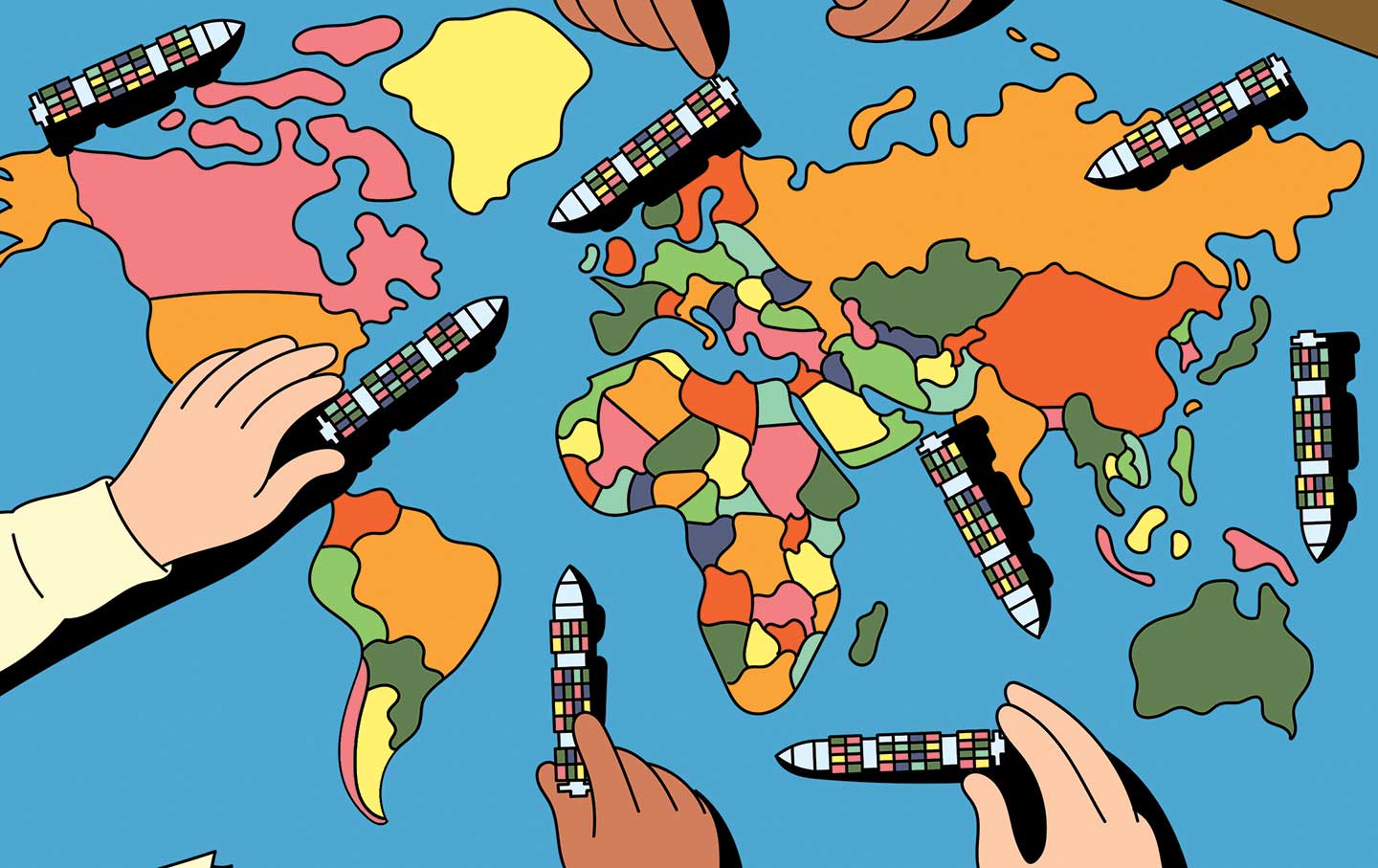
"In his bizarre book Land and Sea, the German political theorist Carl Schmitt asserted that human history is defined by "the battle of sea powers against land powers and of land powers against sea powers." He clearly favored the landlubbers."
"To board a ship has always required a leap of faith: a willingness to face the elements, confront pirates, or drift off course, never to return."
"Ships are homes and prisons, hotels and offices, lavish vacation venues and toxic industrial sites. Still, a deck is not to be confused with solid ground; it is a space that is rarely in the same place."
"These days, the world's largest cruise ship, Royal Caribbean's Icon of the Seas, is made of steel beams and weighs a quarter-million tons—and yet somehow, it floats."
The article emphasizes the centrality of ships in trade and culture, suggesting they are fundamental to civilization's evolution. From ancient Egyptian shipbuilders to modern luxury cruise liners, ships have shaped humanity’s narrative. They symbolize exploration and adventure, yet also embody risk and existential questions about belonging and identity at sea. Ian Kumekawa's work, 'Empty Vessel', further investigates these themes, revealing the complexity of ships as both physical entities and conceptual vessels that challenge our understanding of territory and purpose in a globalized world.
Read at The Nation
Unable to calculate read time
Collection
[
|
...
]